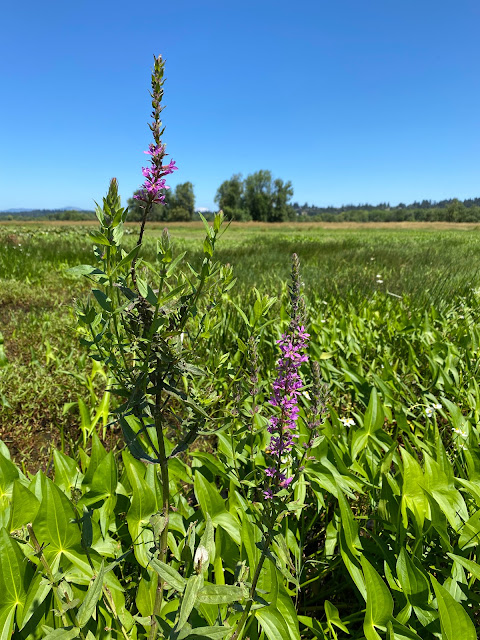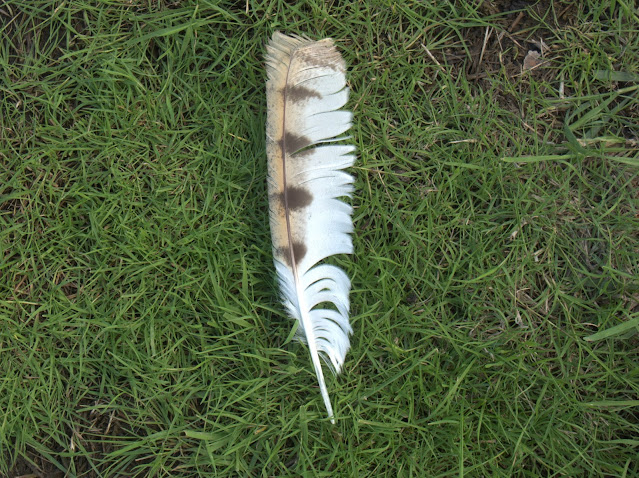July 10, 2020 - Flashback to Relocating a Turtle Nest
Winter time is a much slower season for the habitat program compared to the amount of projects we have going on during the spring and summer months. For this reason, I thought it would be fun to throw it back to an awesome project that Britta Plumhoff (FWS Biological Technician) and I got to complete last July! Eric Anderson, approached us one day, and asked Britta and I to relocate a turtle's nest that was identified to be laid very close to the road of the auto-tour route at Ridgefield NWR. We both were ecstatic to accept this challenge, of course, because it is not very often that we get to work in a hands-on fashion with wildlife on the Refuge - but this emergency relocation was definitely an exception! It is important to note that the public is not allowed to interfere with these fragile nests. If you ever spot one in a precarious location please report it to us immediately at (360)887-4106, and feel free to leave a message if needed.
 |
The nest that Britta and I had to relocate. We ended up pulling out 10 turtle eggs total! |
 |
| Turtle Crossing! Above, you see a painted pond turtle that was crossing the road on a hot summer day. As late summer approaches, some of the wetlands begin to dry up completely - Which encourages these guys to cross treacherous gravel roads in order to find a new water source. To learn more about painted pond turtles, Click here! |





What a great memory to look back on and what a great experience to have. Painted pond turtles are so amazing! All in a day's work :)
ReplyDelete